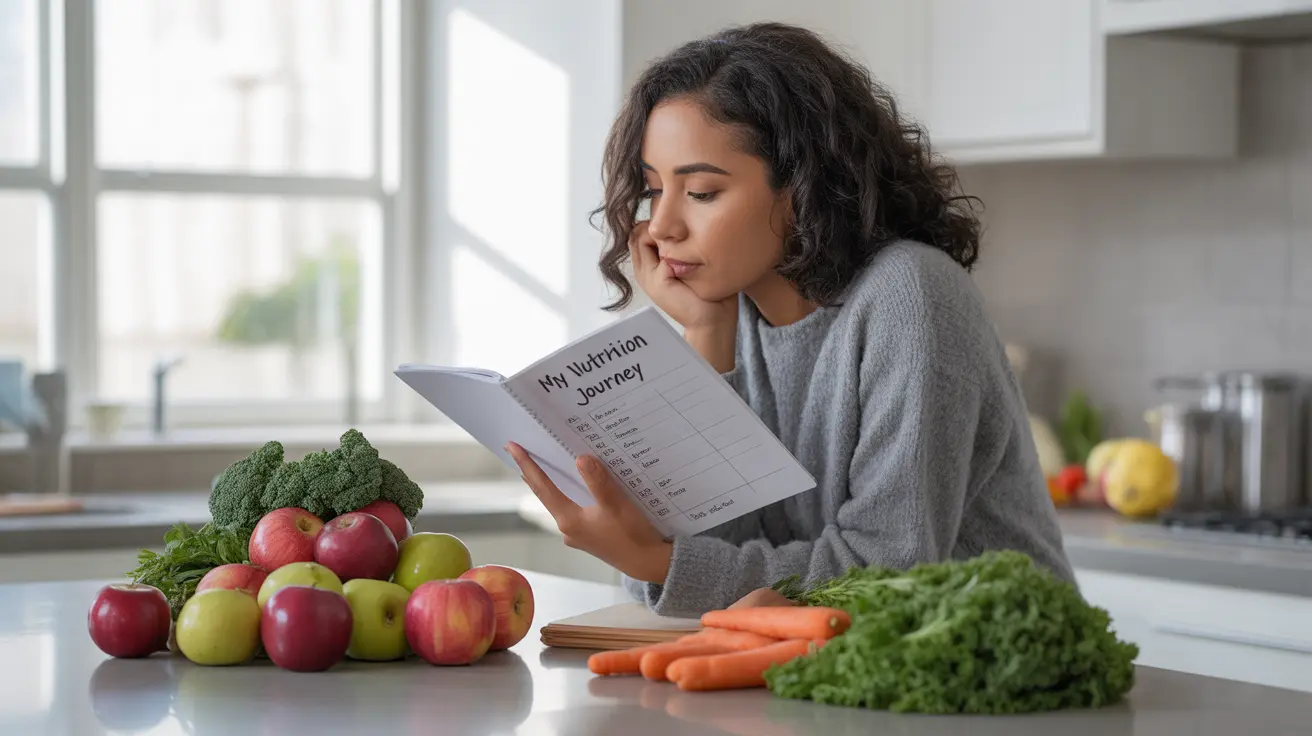Feeling constantly bloated can be frustrating and uncomfortable, affecting both your physical well-being and quality of life. This common digestive complaint affects millions of people, yet its causes can vary significantly from person to person. Understanding why you're experiencing persistent bloating is the first step toward finding effective relief.
In this comprehensive guide, we'll explore the various causes of chronic bloating, identify common triggers, and discuss practical solutions to help you manage this uncomfortable condition.
Common Causes of Persistent Bloating
Chronic bloating often stems from multiple factors, ranging from dietary choices to underlying health conditions. Understanding these causes can help you pinpoint what's behind your symptoms.
Dietary Factors
Many cases of persistent bloating are directly related to what we eat and how we eat it. Common dietary triggers include:
- Consuming too many gas-producing foods
- Eating too quickly or talking while eating
- Regular consumption of carbonated beverages
- High-sodium foods leading to water retention
- Food intolerances or sensitivities
Digestive System Issues
Sometimes, bloating indicates an underlying digestive condition that requires attention. Common digestive causes include:
- Irritable Bowel Syndrome (IBS)
- Small Intestinal Bacterial Overgrowth (SIBO)
- Celiac disease
- Inflammatory bowel disease
- Gastroparesis
Identifying Your Bloating Triggers
One of the most effective ways to manage chronic bloating is to identify what triggers your symptoms. Keeping a detailed food and symptom diary can help you track patterns and connections between what you eat and how you feel.
Common Food Triggers
Several foods are known to cause bloating in many people:
- Dairy products (especially if lactose intolerant)
- Beans and lentils
- Cruciferous vegetables like broccoli and cabbage
- Artificial sweeteners
- Wheat and gluten-containing foods
Effective Treatment Strategies
Managing persistent bloating often requires a multi-faceted approach. Here are several proven strategies that can help:
Immediate Relief Methods
When you need quick relief from bloating, consider these options:
- Gentle exercise or walking
- Peppermint tea
- Over-the-counter gas relief medications
- Abdominal massage
- Heat therapy
Long-term Management
For lasting results, focus on these preventive measures:
- Eating smaller, more frequent meals
- Chewing food thoroughly
- Staying hydrated
- Regular exercise
- Stress management techniques
When to Seek Medical Help
While bloating is often harmless, certain symptoms warrant medical attention. Contact your healthcare provider if you experience:
- Severe or persistent abdominal pain
- Unexplained weight loss
- Blood in stool
- Frequent vomiting
- Changes in bowel habits
Frequently Asked Questions
Why do I always feel bloated, and when should I be worried about constant bloating?
Constant bloating can result from various factors, including diet, stress, or underlying health conditions. Be concerned if bloating is accompanied by severe pain, rapid weight loss, or changes in bowel habits, as these may indicate a more serious condition requiring medical attention.
What foods are most likely to cause bloating, and how can I identify my trigger foods?
Common bloating triggers include dairy, beans, cruciferous vegetables, and artificial sweeteners. Keep a detailed food diary for 2-3 weeks, noting what you eat and when bloating occurs to identify your personal triggers.
Can digestive disorders like IBS or SIBO cause ongoing bloating, and what are the signs?
Yes, both IBS and SIBO commonly cause chronic bloating. IBS typically includes symptoms like abdominal pain and altered bowel habits, while SIBO often causes excessive gas, bloating after eating, and nutrient deficiencies.
Are there over-the-counter remedies or home treatments that help relieve bloating fast?
Yes, several options can provide quick relief, including simethicone-based gas relievers, peppermint tea, gentle exercise, and heat therapy. Probiotics and digestive enzymes may also help when taken regularly.
How can I prevent bloating through lifestyle changes or diet modifications?
Prevent bloating by eating slowly, avoiding trigger foods, staying hydrated, exercising regularly, and managing stress. Consider keeping meals smaller and more frequent, and avoid lying down immediately after eating.




